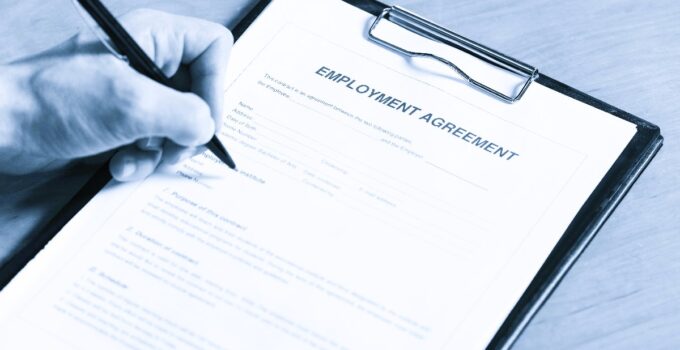Not only does 2025 bring a rise to the minimum wage to$23.50 per hour on 1 April 2025, but there are also a few important proposed employment related legislation changes which could affect employers.
Christmas Closedowns and Leave Q & A

Test your Knowledge to make sure you are prepared for the coming Christmas Closedown period
There is one type of closedown, although also a ‘shutdown’ can occur but it does not have the same options for the employer:
- Customary
A customary closedown may occur at any time during the year (such as over the Christmas and New Year’s period) but is regular. It might apply to the whole business, or just a team or specific roles. During a customary closedown, an employer can require their employees to take the time off as annual leave (both accrued leave and entitlement), and if they have no leave owing the period is on unpaid leave as detailed in the Holidays Act 2003.
- Non-Customary
A non-customary closedown, or shutdown, can also occur at any time during the year and may impact the whole business, just a team or specific roles. However, as this type of closedown is not regular, or ‘customary’, it is not known as a closedown period when considering the Holidays Act 2003, and the employer cannot require employees to take accrued leave or leave without pay during that time. With 14 days’ notice (and after consultation) the employer can require an employee to take leave entitlement.
An employer may also have different closedown periods for separate parts of the business.
Prior to applying any process for a closedown, check what is in your employment agreements and/or policy documents, and ensure those requirements are complied with. Our advice in this Q and A is based on the legislative minimum requirements but employment agreements may provide for more generous terms and conditions.
Employees with entitlement to annual leave may be directed to take the time off as annual leave if you give them at least 14 days’ notice of this requirement.
Where an employee doesn’t have enough annual holidays entitlement to cover the whole closedown period, you may agree to let them take some annual holidays in advance, some leave without pay, and/or use another form of leave that may be available e.g. alternative holidays.
The Holidays Act states that you will pay them 8% of their gross earnings since they started working for the employer (minus any annual leave taken in advance or holiday pay paid with their ordinary pay). Such an employee is not otherwise entitled to annual leave for the period up to the date of closedown or to any other payment or remuneration for the period of the closedown.
You can have the conversation with your employee, however you are not obligated to provide leave in advance. Do consider that if your employee leaves before they accrue the holiday leave your business let them have in advance, you will be out of pocket.
The payment of 8% at the commencement of a closedown effectively cancels previous service for the purpose of calculating entitlements to annual leave. The next year of the employee’s employment is deemed to commence on the date on which the premises are closed, or the work is discontinued (see section 35(1) of the Holidays Act 2003).
For all employees whose work is subject to a regular annual closedown, the employer may nominate a date, which will be treated as the date on which the closedown begins, and on which the employees become entitled to annual leave. This avoids having a different date each year on which the employee becomes entitled to annual leave (where the start date for the closedown varies from year to year).
The date nominated must be reasonably proximate to the actual beginning of the closedown period. For example, where there is a Christmas/New Year closedown, the date could be 20 December to ensure that it is always before the annual closedown.
If a public holiday falls during a closedown, the employer will need to decide if the day would have otherwise been a working day for the employee. If so, then the employee is entitled to take the day as a public holiday.
The Holidays Act 2003 does not specify a maximum or minimum period of closedown.
If you have any questions about your obligations as an employer, do not hesitate to contact us to discuss this with one of our Consultants.


